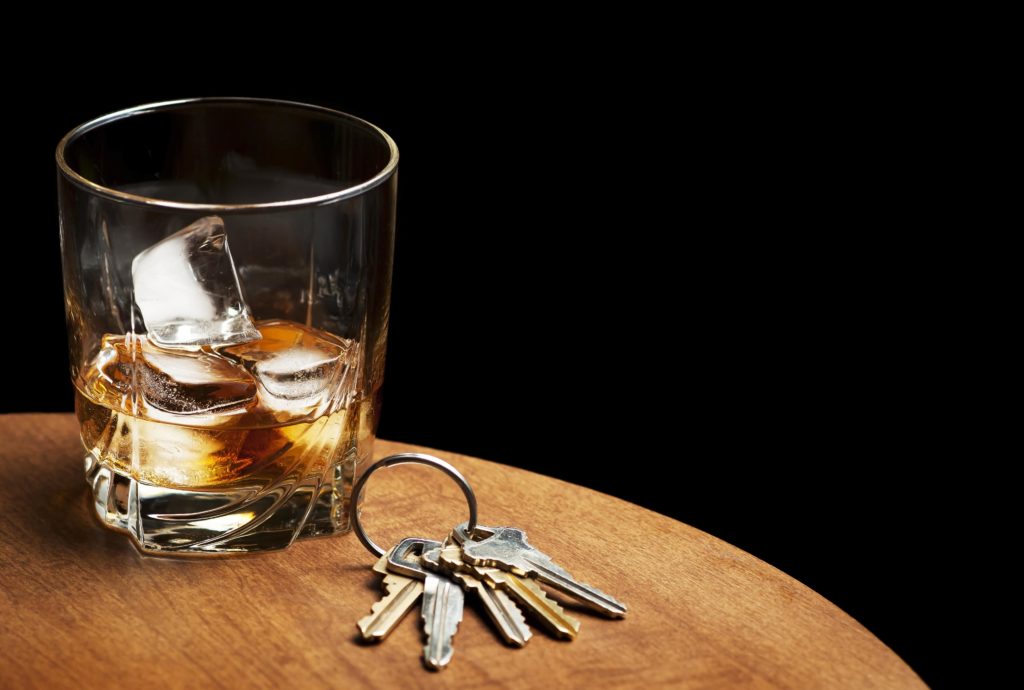
In 2019, Virginia recorded 236 alcohol-impaired driving fatalities. These made up more than a quarter (28.4%) of all the state’s driving fatalities for the year. State legislators try to curb drunk driving by imposing strict penalties on convicted defendants.
Additionally, Virginia imposes stricter penalties on repeat offenders. Still, a drunk driving arrest does not automatically result in a conviction. In 2019, Virginia law enforcement agents made approximately 20,402 DUI arrests. However, not everyone arrested for drunk driving is convicted. Several factors can impact whether the prosecution can convict you.
Can a Police Officer Drop My DUI Charges?
No. The prosecutor makes decisions about whether to pursue or drop DUI charges.
Law enforcement agents are responsible for enforcing local, state, and federal laws, including laws that prohibit driving under the influence of drugs or alcohol. An officer needs “reasonable suspicion” to pull you over for a traffic stop. Once they pull you over, they can look for additional signs of intoxication such as:
- Bloodshot eyes,
- Slurred speech,
- Watery eyes, or
- Lack of balance.
If an officer has sufficient probable cause to believe you are driving under the influence, they can arrest you on suspicion of DUI.
While the law enforcement agent conducts the initial investigation and gathers evidence, they do not decide whether to file charges against you. An officer will typically compile all relevant evidence into a police report, outlining the alleged criminal violations committed by the suspect. Then, a prosecutor for the district attorney’s office will make the final decision on whether to file charges against you. The reasons a prosecutor may elect not to file DUI charges are discussed in further detail below.
Common DUI Checkpoint Mistakes
Some police departments use DUI checkpoints to identify intoxicated drivers. The U.S. Supreme Court ruled that a state’s interest in protecting the public from drunk drivers outweighs concerns about a driver’s Fourth Amendment rights. That means your right to be free from unreasonable searches and seizures takes a back seat to law enforcement’s ability to protect the public from intoxicated drivers. Therefore, at checkpoints, police do not need reasonable suspicion that you are violating a law to make you pull over.
However, law enforcement must comply with certain guidelines when operating a DUI checkpoint to ensure the intrusion on a driver’s privacy is not too great. Some of these guidelines include:
- Limiting the use of officer discretion in the checkpoint,
- Publicizing the existence and location of the checkpoint in advance,
- Keeping the length of detention to a minimum, and
- Using a mathematical formula to determine which cars will be stopped.
If a law enforcement agency does not comply with these guidelines before a DUI checkpoint, any information gleaned from the DUI checkpoint might be excluded from trial.
Other Common Issues in DUI Cases
In some cases, you can get your charges dropped or reduced by showing a failure to prove that you were driving while intoxicated.
For officers to have authority to conduct a traffic stop, they must have “reasonable suspicion” that you are violating a law. If there is no reasonable suspicion of illegal activity, the police cannot legally pull you over.
Violations that create reasonable suspicion include equipment violations like a broken taillight or minor traffic infractions like a failure to use your turn signal. Once the officer pulls you over, they will approach your vehicle to obtain your driver’s license and insurance information. When an officer comes to talk to you, they will look for any indication of impairment. Common signs of impairment police look for before and during a traffic stop include:
- Failing to maintain a single lane,
- Slow reaction time,
- Nervous behavior,
- Disobeying traffic signs and signals, and
- Driving too slow for the road conditions.
If an officer charged you with DUI but did not have reasonable suspicion to make the initial traffic stop, you may have a valid defense to your charges. An attorney could fight to show that no reasonable suspicion existed. If they succeed, they may be able to get evidence obtained during or after the traffic stop excluded. If the prosecutor cannot use evidence obtained during or after the stop against you in court, they may agree to reduce your charges or drop them entirely.
Consequences of a DUI Conviction
Virginia law prohibits drivers from operating a motor vehicle when their blood alcohol content (BAC) is at or above .08%. Failure to comply with this law can result in a DUI charge. Even a first-time DUI charge carries serious consequences, including the possibility of jail time, a mandatory minimum fine of $250, revocation of your driver’s license, and participation in the Virginia Alcohol Safety Action Program.
In addition to criminal penalties, having a DUI conviction on your record can negatively affect your life in other areas. The consequences of a DUI conviction may include:
- Inability to receive approval for a loan,
- Increased car insurance rates,
- Ineligibility for university scholarships,
- Installation of an ignition interlock device,
- Difficulty securing employment, and
- Negative effects on your immigration status.
We understand that facing a criminal conviction is a serious matter. A conviction can affect your freedom, your livelihood, and your bank account. Consulting with a qualified DUI defense attorney gives you the best chance of securing a favorable outcome in your criminal case.
How Can I Fight DUI Charges in Virginia? Contact the Law Offices of Michael Pignone Today to Find Out
You might think a DUI conviction on your record is a relatively minor issue. However, this conviction can affect your life in more ways than you realize. Our team at the Law Offices of Michael Pignone has over 20 years of experience representing people accused of drunk driving. Before you accept a plea agreement, consult with one of our qualified DUI defense attorneys. Contact the Law Offices of Michael A. Pignone online or by phone to start your free consultation.

